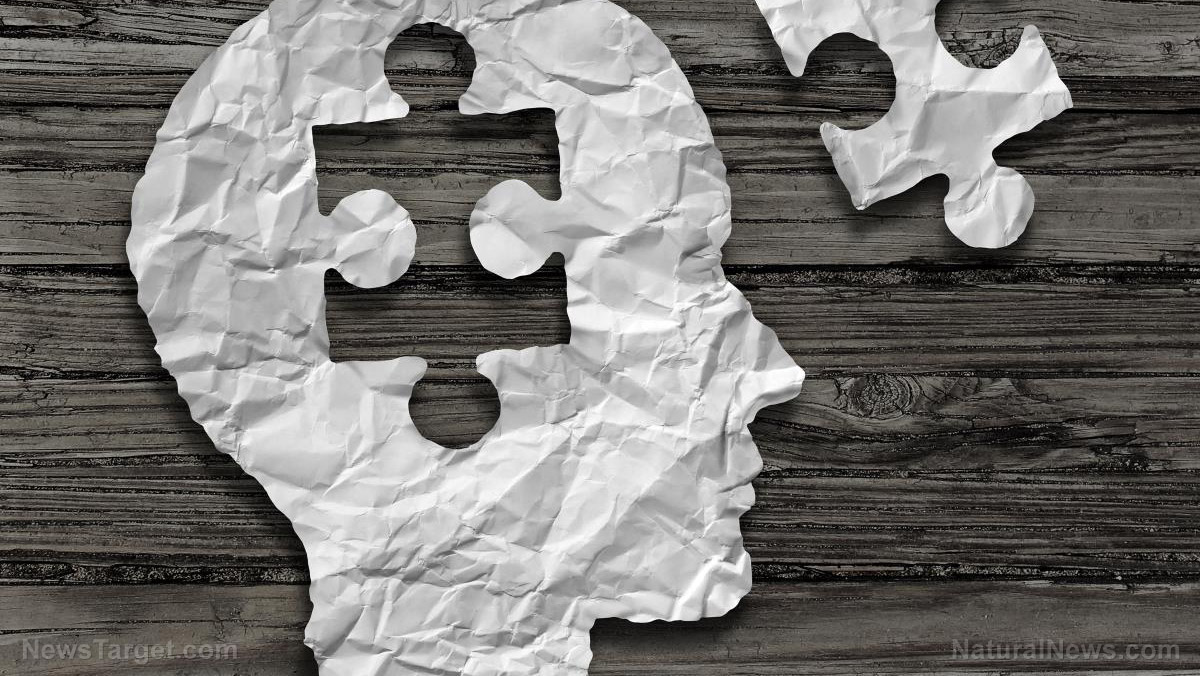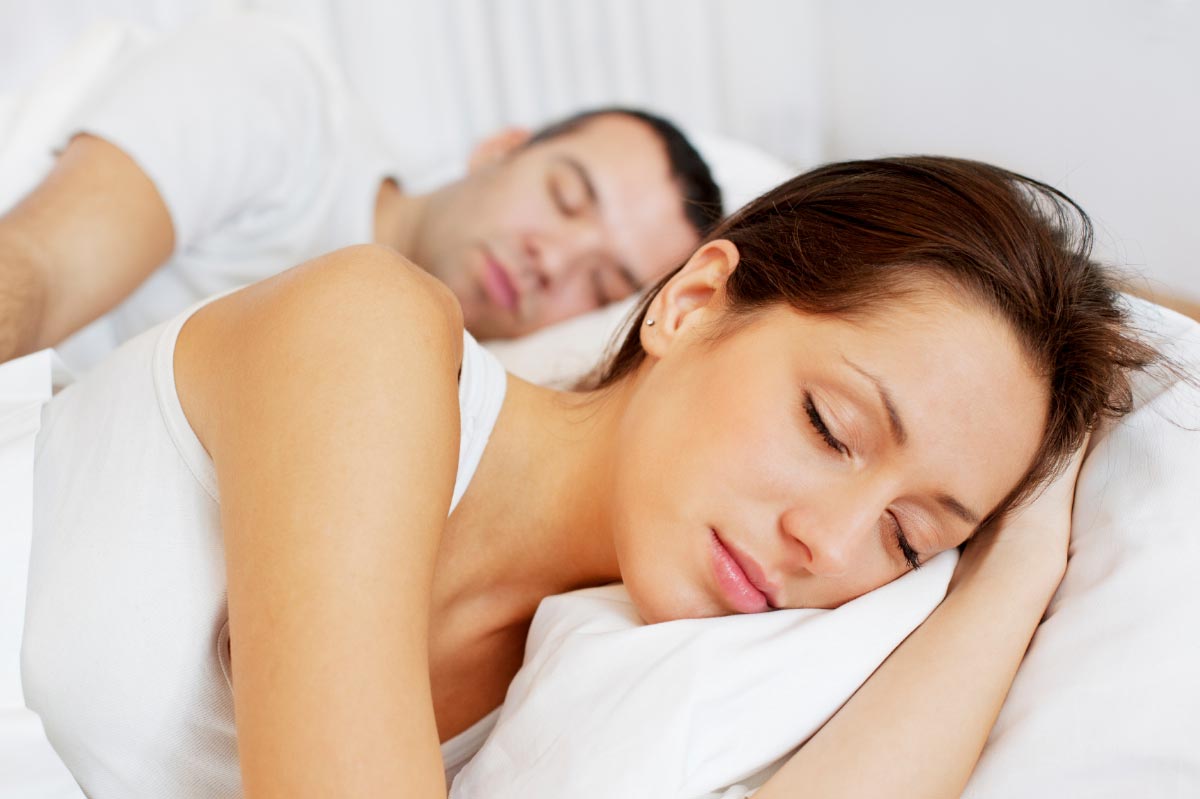The heart’s optimal bedtime: Why 10 P.M. could save your life
09/12/2025 / By Lance D Johnson

- Adults who fall asleep between 10 and 11 p.m. have the lowest risk of heart disease, including heart attack, stroke, and heart failure.
- Going to bed before 10 p.m. or after midnight increases cardiovascular risk by 24% to 25%, even after adjusting for age, sex, and lifestyle factors.
- Women are more affected by irregular sleep timing, facing higher cardiovascular risks than men when deviating from the 10–11 p.m. window.
- Circadian rhythm disruption—not just sleep duration—plays a critical role in heart health, with late bedtimes reducing exposure to morning sunlight, which helps reset the body’s internal clock.
- Artificial light exposure at night (from screens, LED bulbs, and urban light pollution) may contribute to misaligned sleep patterns, increasing inflammation and metabolic dysfunction.
Why your bedtime could determine your heart’s fate
For decades, public health messaging has fixated on how much we sleep—seven to nine hours per night—but a groundbreaking study published in the European Heart Journal—digital health reveals that when we sleep may be just as critical. After tracking 88,026 British adults for nearly six years using wrist-worn accelerometers, researchers found that those who consistently fell asleep between 10 and 11 p.m. had the lowest incidence of cardiovascular disease (CVD), including heart attacks, strokes, and heart failure. Meanwhile, night owls who drifted off at midnight or later faced a 25% higher risk, and early birds hitting the hay before 10 p.m. saw a 24% increase—even after controlling for sleep duration, irregularity, and traditional risk factors like smoking, diabetes, and hypertension.
The study’s lead author, Dr. David Plans, emphasized that this isn’t just about sleep quantity but circadian alignment: “the optimum time to go to sleep is at a specific point in the body’s 24-hour cycle, and deviations may disrupt the body clock with adverse consequences for cardiovascular health.” The findings suggest that modern lifestyles—late-night screen time, artificial lighting, and erratic schedules—are clashing with our biological wiring, leading to chronic inflammation, metabolic dysfunction, and, ultimately, heart disease.
The circadian connection: how late nights harm the heart
The human body operates on a 24-hour circadian rhythm, governed by light exposure, hormone release, and cellular repair cycles. When we stay up late, we miss crucial morning sunlight, which triggers cortisol release to wake us up and suppresses melatonin, the sleep hormone. This misalignment has cascading effects:
- Increased inflammation: poor sleep timing elevates C-reactive protein (CRP) and other inflammatory markers linked to atherosclerosis (plaque buildup in arteries).
- Blood pressure spikes: nighttime wakefulness disrupts the natural nocturnal dip in blood pressure, straining the cardiovascular system.
- Metabolic chaos: late bedtimes are associated with higher BMI, insulin resistance, and poor glucose control—all risk factors for heart disease.
- Stress hormone surges: artificial light at night suppresses melatonin and boosts cortisol, promoting oxidative stress and endothelial dysfunction (damage to blood vessel linings).
- The study also revealed a gender disparity: women who went to bed after midnight had a 63% higher risk of CVD compared to those in the 10–11 p.m. group, while men saw only a 17% increase. Researchers speculate this may be due to hormonal differences, particularly post-menopause, when women lose cardioprotective estrogen.
The modern sleep crisis: how artificial light and stress rewire our clocks
Our ancestors followed the sun, retiring at dusk and rising with dawn. Today, electric lighting, smartphones, and 24/7 work cultures have severed that connection. The average American now goes to bed around midnight, with 60 million suffering from chronic sleep disorders. The consequences extend beyond fatigue:
- Daylight saving time (DST): studies show a 20–70% spike in heart attacks in the week after “springing forward,” disrupting circadian rhythms.
- Blue light exposure: LED screens emit 400–490 nm wavelengths, which suppress melatonin by 50% or more, delaying sleep onset.
- Shift work and social jet lag: rotating schedules or weekend sleep binges create “chronobiological chaos,” linked to obesity, diabetes, and CVD.
- Dr. plans warns that public health guidelines must evolve to address sleep timing, not just duration. “sleep timing would be an attractive target for interventions to reduce CVD risk owing to its minimal cost and invasiveness,” he notes.
Solutions could include:
- Public health campaigns promoting 10–11 p.m. bedtimes.
- Workplace policies limiting late-night emails and meetings.
- Urban lighting reforms to reduce light pollution.
Action plan: how to align your sleep with your heart’s needs
1. Set a 10–11 p.m. bedtime alarm
- Use a sunset simulator (like the Phillips hue smart bulbs) to dim lights gradually in the evening.
- Avoid screens 90 minutes before bed; try blue-light-blocking glasses if necessary.
2. Optimize morning sunlight
- Get 10–15 minutes of natural light within 30 minutes of waking to reset your circadian clock.
- Consider a dawn-simulating alarm clock (e.g., Philips wake-up light) to mimic sunrise.
3. Fix your sleep environment
- Keep your bedroom cool (65–68°F), dark, and quiet.
- Invest in blackout curtains and a white noise machine if needed.
4. Avoid late-night eating and caffeine
- Finish dinner 3 hours before bed to prevent metabolic disruption.
- Cut off caffeine by 2 p.m. (it can linger in your system for 24+ hours).
5. Supplement wisely
- Magnesium glycinate or l-threonate (200–400 mg) to calm the nervous system.
- Melatonin (0.5–3 mg) if you’re struggling to fall asleep, but only short-term.
- Nattokinase (100–200 mg) to support healthy blood flow and reduce inflammation.
6. Address stress and cortisol
- Practice diaphragmatic breathing or meditation before bed.
- Try adaptogens like ashwagandha or rhodiola to modulate stress hormones, but take in the morning.
- The heart thrives on natural cycles of light and dark, and deviating from them has consequences.
Sources include:
Submit a correction >>
Tagged Under:
artificial light dangers, blue light exposure, cardiovascular disease, circadian rhythm, daylight saving time, heart attack risk, longevity, magnesium for sleep, melatonin, mind body science, natural cures, natural health, natural sleep remedies, prevention, remedies, sleep timing, stroke prevention, women's health, women's heart health
This article may contain statements that reflect the opinion of the author
RECENT NEWS & ARTICLES
COPYRIGHT © 2017 COLLAPSE.NEWS
All content posted on this site is protected under Free Speech. Collapse.news is not responsible for content written by contributing authors. The information on this site is provided for educational and entertainment purposes only. It is not intended as a substitute for professional advice of any kind. Collapse.news assumes no responsibility for the use or misuse of this material. All trademarks, registered trademarks and service marks mentioned on this site are the property of their respective owners.





















